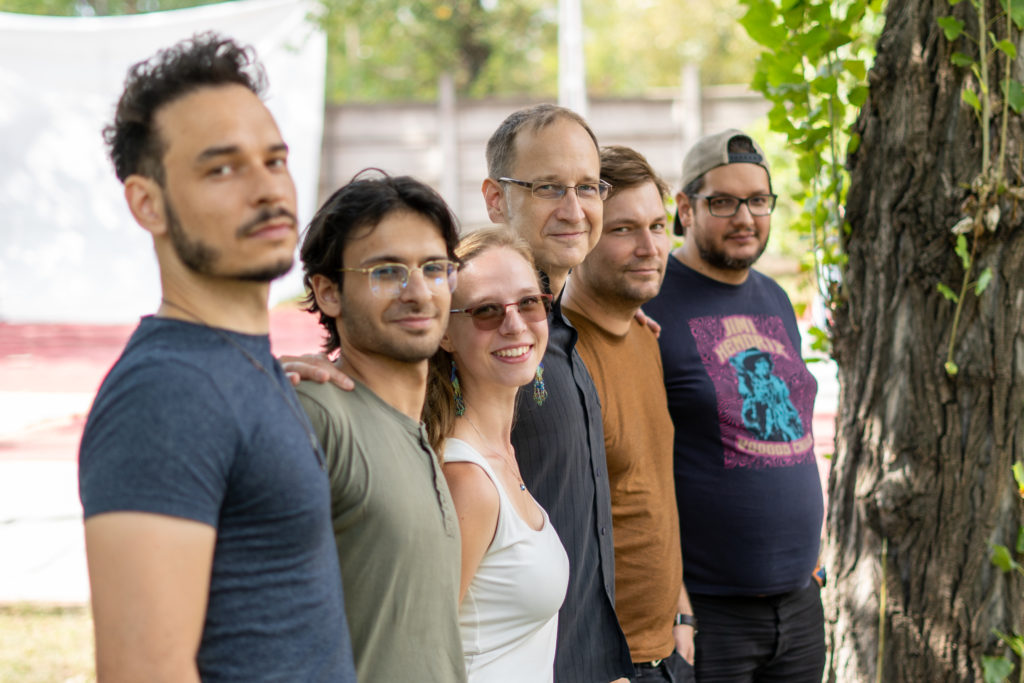The structure of the training program is outlined by the title of the qualification itself: Buddhist Lifestyle Counseling Assistant.
1. Buddhist Module
The Buddhist module consists of 25 courses and is designed to establish a Buddhist perspective. It includes four fundamental theoretical subject groups: Buddhist Philosophy, Applied Buddhism (Psychology), Buddhist Ethics, and the Theory of Meditation. The practical training is supported by an additional four subject groups: Buddhist Meditation, Movement Meditation, Buddhist Retreats, and Buddhist Practice. These theoretical and practical subject groups reflect the aim of harmonizing knowledge and practice.
Practical training places significant emphasis on awareness, self-knowledge development, and both movement-based and stationary (sitting) exercises. Active participation in intensive practice is essential, enabling students to gain direct experiential knowledge beyond theoretical understanding—particularly regarding the purpose and implementation of Buddhist retreats.
Through Buddhist practice courses, students are introduced to mantras, Tibetan rituals, and Zen arts. The theoretical training follows the traditional Buddhist model of virtue, meditation, and wisdom, providing the conceptual foundation necessary for understanding and integrating practices into daily life. This supports the development of the right lifestyle, as the proper Buddhist perspective belongs to the mind-training aspect within the traditional body-speech-mind system.
2. Lifestyle Module
In the Lifestyle module, students gain familiarity with traditional medical systems, including Ayurveda and major schools of Buddhist medicine, by reviewing classical texts. Through anatomical knowledge, self-healing techniques, and breathing exercises, students develop the ability to manage everyday stress, maintain their own health, and select effective methods for disease prevention.
The Buddhist Lifestyle course further enables students to explore self-awareness and adopt a way of living based on the principles of non-harm and the Middle Way, addressing aspects such as sleep, nutrition, and clothing. Additionally, learning and practicing various purification exercises contributes to the realization of the right lifestyle. Within the body-speech-mind framework, this module primarily pertains to the body.
3. Core Module
The Core module introduces students to the responsibilities of a counseling assistant in accordance with modern professional standards. To achieve this, students must acquire basic knowledge in psychology, economics, law, and entrepreneurship, along with an understanding of the operational framework and competency areas of counseling assistantship.
4. Final Semester – Intensive Practical Training
After three semesters of theoretical and practical training, the final semester is dedicated to an intensive professional internship. During this period, students apply their acquired knowledge in small communities designated by the Church, at the Mudita Elderly Club, and during community practices and retreats organized by the College and the Church.
Connection Between the Higher Education Vocational Training and the Buddhist Teacher BA Program
Students pursuing further education within the Buddhist Teacher BA Program are eligible for the recognition of at least 51 credits from this training.
Additionally, this program offers an alternative completion pathway for students who decide to change majors from the Buddhist Teacher BA Program, allowing them to obtain a higher education vocational qualification instead.



